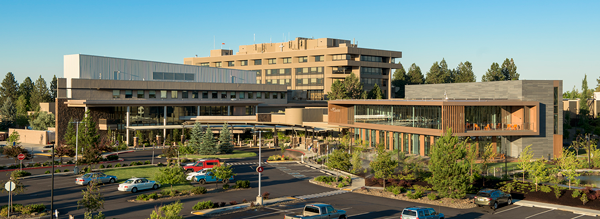What is the difference between a food allergy and a food intolerance?
A food allergy is a reaction to a food, ingredient or additive that triggers a response from the immune system. Food allergy is a serious medical condition affecting up to 15 million people in the United States. That total includes roughly 5.9 million children, or about one in 13.
Although nearly any food can cause an allergic reaction, these eight foods account for 90 percent of all food allergic reactions in the U.S.:
- Peanuts
- Tree nuts (almonds, cashews, walnuts, pecans, pistachios, Brazil nuts, hazelnuts and chestnuts)
- Milk
- Eggs
- Wheat (gluten)
- Soy
- Fish
- Crustacean shellfish (shrimp, prawns, lobster and crab)
The most common symptoms of food allergies include vomiting, diarrhea, blood in stools, eczema, hives, rashes, breathing difficulties, swelling of tongue and runny nose. People who are severely allergic to certain foods can suffer life-threatening reactions, such as anaphylactic shock.
What is a food intolerance?
A food intolerance is a toxic response to a certain food that does not involve the immune system. Most often, the offending food contains a molecule that the body has difficulty breaking down or digesting. Symptoms of food intolerances include bloating, irregular digestion (including gas, diarrhea, cramps and pain, vomiting and blood in stool), runny nose or excess mucus, muscle/joint aches and pains, depression and mood swings.
The most common foods/ingredients that cause sensitivities and intolerances today are wheat (gluten), corn, soy, dairy (lactose) and eggs.
The good news is that food manufacturers and processors are more vigilant in their ingredient labeling. As a result, people with food allergies and sensitivities can more easily avoid foods that trigger their responses or they can enjoy foods they like without the offending ingredients. Someone who is lactose intolerant can now enjoy a glass of lactose-free milk. Or a child who is gluten intolerant can eat gluten-free pizza or a sandwich on gluten-free bread.
Nutrition counseling at St. Charles Health System
St. Charles Health System provides a multidisciplinary approach to nutritional health treatment, including nutritional guidance. A registered dietitian nutritionist will meet with you and discuss your concerns and answer your questions.
If you have questions about food allergies and intolerance, call St. Charles Health System at 541-706-6348. We’re ready to support you.
St. Charles Health System offers specialized nutrition counseling in Central Oregon.



